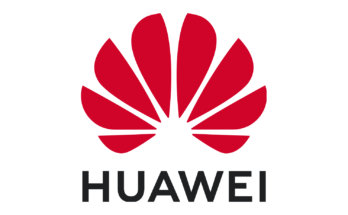The intersection of financial technology (FinTech) and research funding represents a transformative shift in how projects secure financial backing. By leveraging digital advancements, FinTech is reshaping the traditional financing landscape, offering new, efficient, and inclusive ways to mobilize resources for scientific and technological breakdown.
Innovation of Funding Models
The development of FinTech has introduced alternative funding models that differ from traditional financial services. These include crowdfunding and peer-to-peer (P2P) lending, which democratize access to funds. Players can always hope for safe and transparent investment operations when playing at a casino classic Canada, which is cautious with the finances of its users for the best possible gaming experience.
The most significant benefit of crowdfunding and P2P lending is direct engagement between fund seekers and investors. It reduces the cost of financing and broadens the investor base, making it possible for researchers to tap into a global pool of funds.
- Crowdfunding: Crowdfunding platforms have emerged as a significant source of research funding, enabling individuals and organizations to solicit financial contributions from a wide audience. This model has been particularly effective in financing early-stage innovations and projects with a strong appeal to specific communities or the general public.
- P2P Lending: P2P lending platforms facilitate loans between individuals without the intermediation of traditional financial institutions. For scientific projects, this can mean quicker access to funds, often with more flexible repayment terms than those offered by banks.
Enhancing Efficiency and Inclusivity
The digitization of financial services, a core aspect of financial technology, contributes to making financial transactions more efficient and inclusive. Digital platforms offer streamlined processes for fundraising, from application to disbursement and repayment, reducing the administrative burden on researchers and freeing up more time for their primary activities. Moreover, FinTech’s global reach helps to break down geographical barriers to funding and access international capital markets.

Regulatory Frameworks and Innovation
The regulatory environment plays a crucial role in shaping the impact of FinTech innovations on research funding. Effective regulation can foster an environment conducive to innovation while ensuring the stability and integrity of financial transactions. Balancing innovation with risk management is critical to maintaining trust in these new funding models and their potential to support scientific endeavors.
Future Directions
As the financial technology landscape continues to evolve, so too will its impact on research funding. Integrating advanced technologies such as blockchain could further enhance transparency and security, building greater trust in FinTech financing models. Additionally, the ongoing development of regulatory frameworks will be crucial in supporting the sustainable growth of these innovative funding channels.
FinTech innovations offer promising new avenues for research funding, characterized by increased accessibility, efficiency, and inclusivity. As these models continue to develop, they have the potential to significantly enhance the way scientific projects are financed, paving the way for more dynamic and diverse scientific inquiry.
The transformative potential of financial technology in the domain of research financing underscores a broader shift toward more open, democratic, and efficient financial practices. As these technologies mature, their role in supporting the investigation ecosystem will likely become even more pronounced, marking a new era in how we fund the quest for knowledge and innovation.




